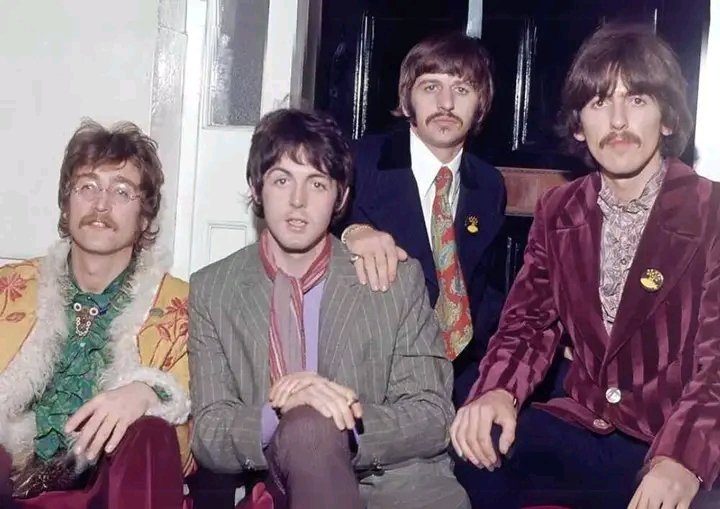How The Beatles Revolutionized Music and Redefined Global Popular Culture: A Legacy of Innovation, Influence, and Immortality
The Beatles didn’t just make music—they transformed it. From the moment they burst onto the global stage in the early 1960s, the Fab Four from Liverpool—John Lennon, Paul McCartney, George Harrison, and Ringo Starr—began reshaping the landscape of popular music and culture in ways the world had never seen. Their journey from a local Merseybeat band to international superstars was nothing short of meteoric, but their true legacy lies not only in their fame but in their fearless innovation, genre-defining creativity, and enduring cultural impact.
Musically, The Beatles were trailblazers. They began with catchy, harmony-rich pop tunes like Love Me Do and She Loves You, but quickly evolved far beyond the conventions of the time. Albums like Rubber Soul, Revolver, and the psychedelic masterpiece Sgt. Pepper’s Lonely Hearts Club Band showcased their daring experimentation with studio techniques, instrumentation, and lyrical depth. From incorporating Indian sitars to pioneering multi-track recording, reverse tape loops, and unconventional song structures, The Beatles pushed the boundaries of what rock and pop music could be.
Their influence on other artists was immediate and far-reaching. Musicians across the globe began to see the studio as an instrument and the album as a canvas. The Beatles encouraged others to take artistic risks, to blur the lines between genres, and to view music as a serious form of artistic expression. Groups like Pink Floyd, The Beach Boys, and countless others credit The Beatles with opening doors that had previously seemed sealed shut.
Culturally, The Beatles were equally transformative. They were more than musicians—they were fashion icons, political voices, and symbols of a generation in flux. During the turbulent 1960s, they mirrored and shaped the spirit of the times, from the joyful rebellion of Beatlemania to the introspective idealism of their later years. Their haircuts, clothing, and even public statements sparked conversations and controversies across continents. When Lennon said The Beatles were “more popular than Jesus,” it wasn’t arrogance—it was a sign of their deep cultural entrenchment, one that challenged norms and reflected the shifting tides of Western society.
Even after their breakup in 1970, The Beatles’ legacy only grew. Their music continued to inspire generations, from punk to pop, grunge to hip-hop. Their catalog remains among the most celebrated and best-selling in history, and their influence permeates film, art, fashion, and beyond. Modern artists—from Oasis to Taylor Swift—still draw on their songwriting genius, and reissues of their albums regularly top charts decades after their initial release.
The Beatles were a phenomenon unlike any before them, and likely any to come. They were innovators, revolutionaries, and artists who not only reflected the world they lived in but reshaped it in their image. In doing so, they didn’t just change music—they changed the world. Their legacy is timeless, their influence immeasurable, and their story still as compelling as the day they sang their first note.
